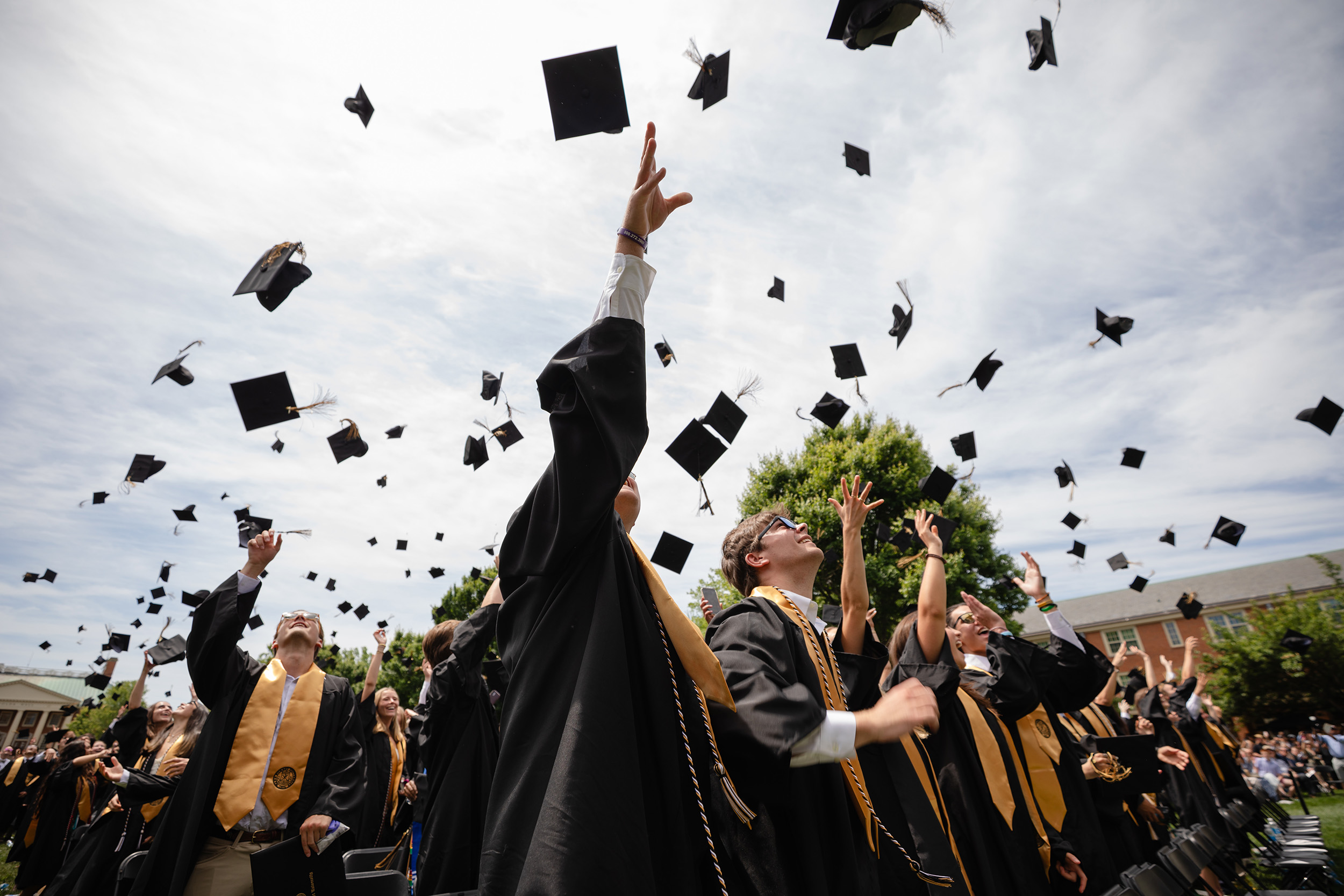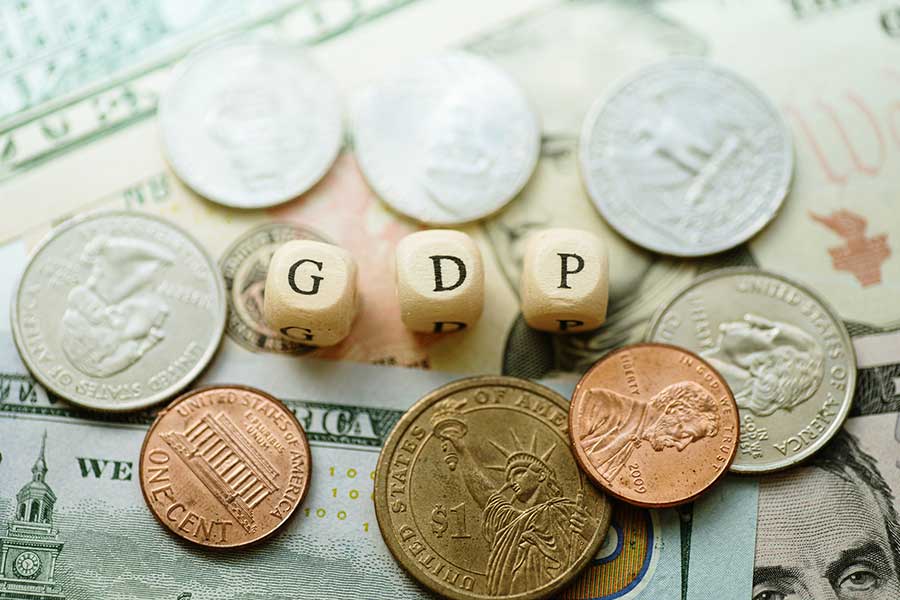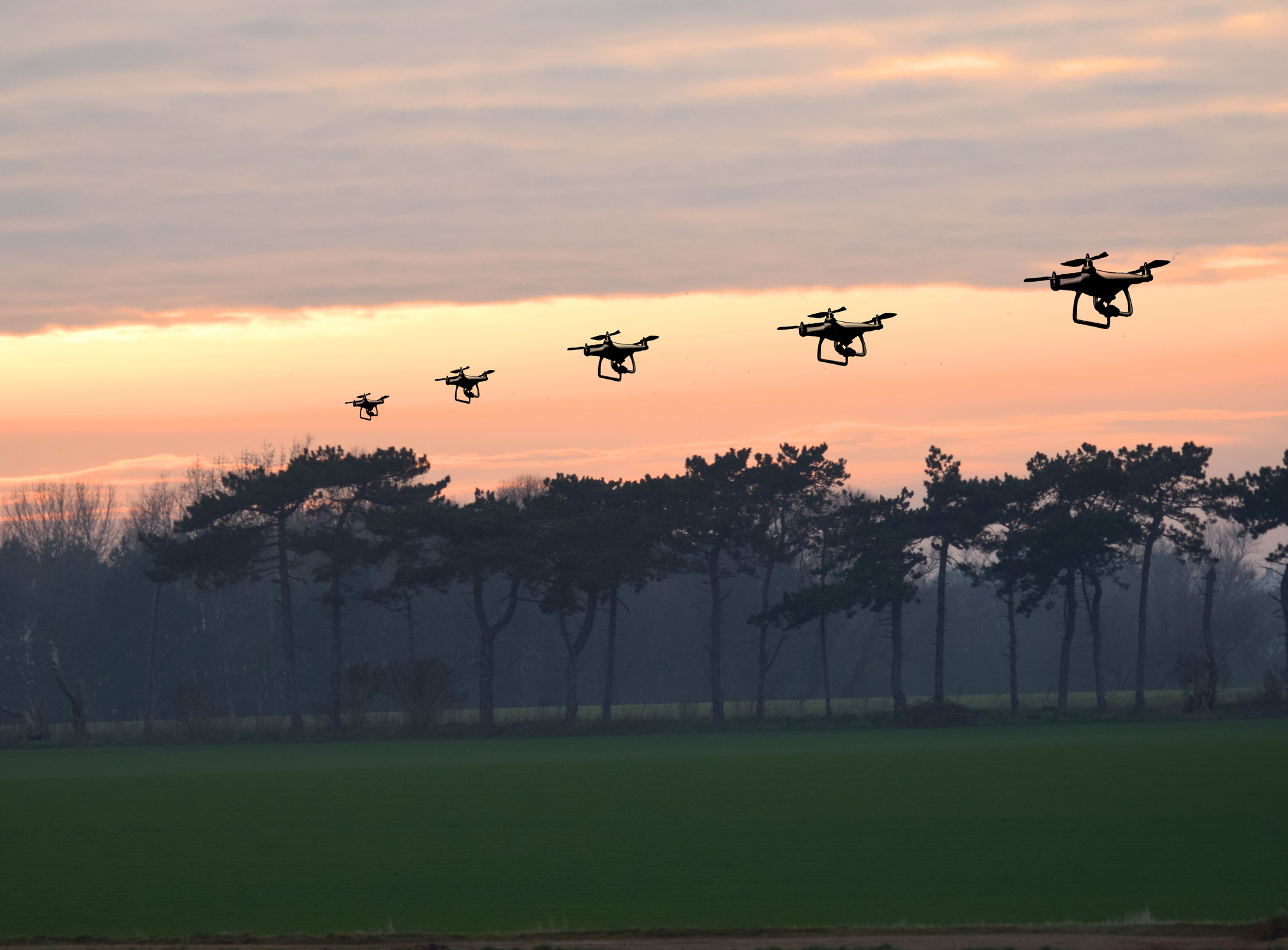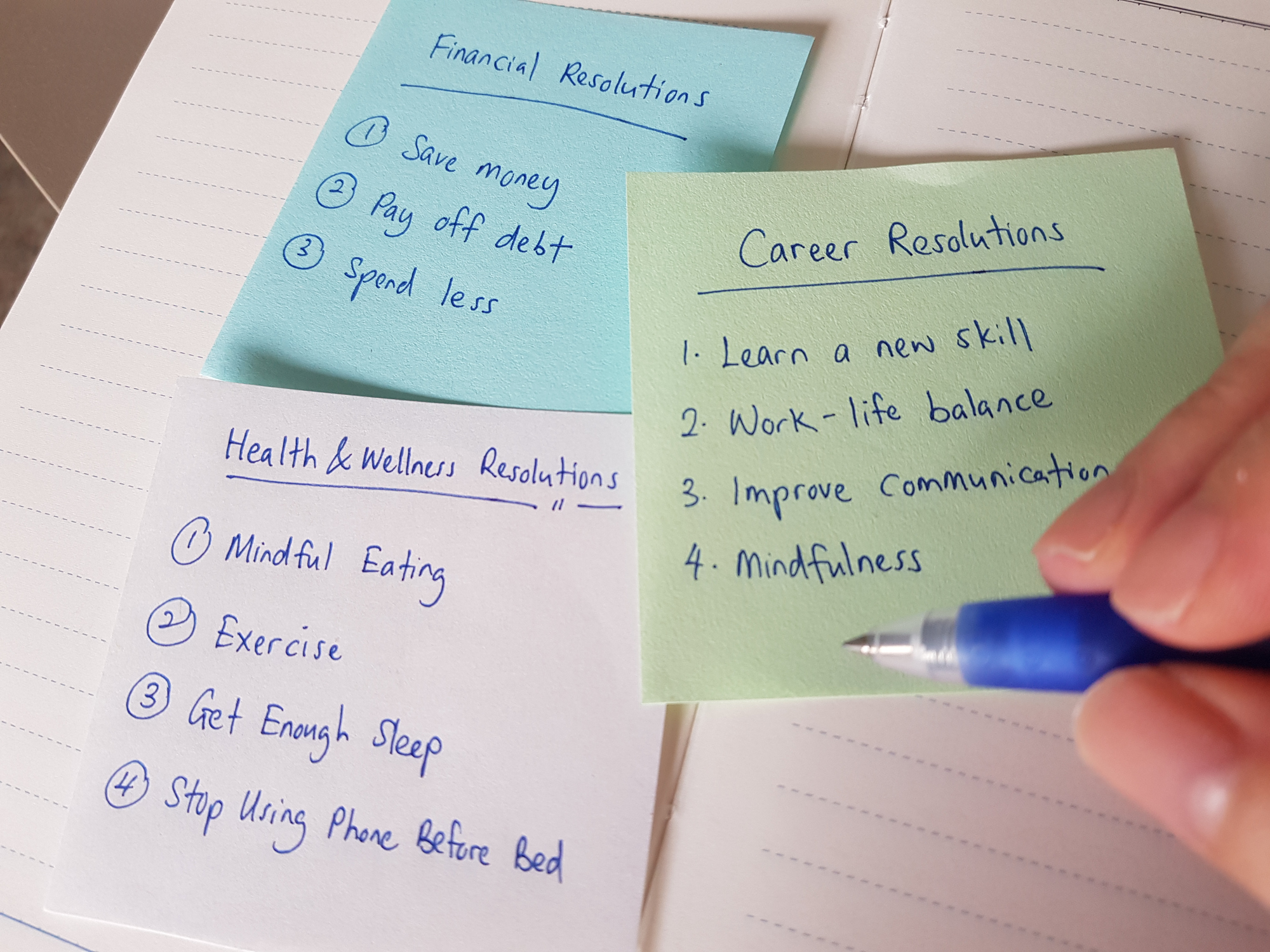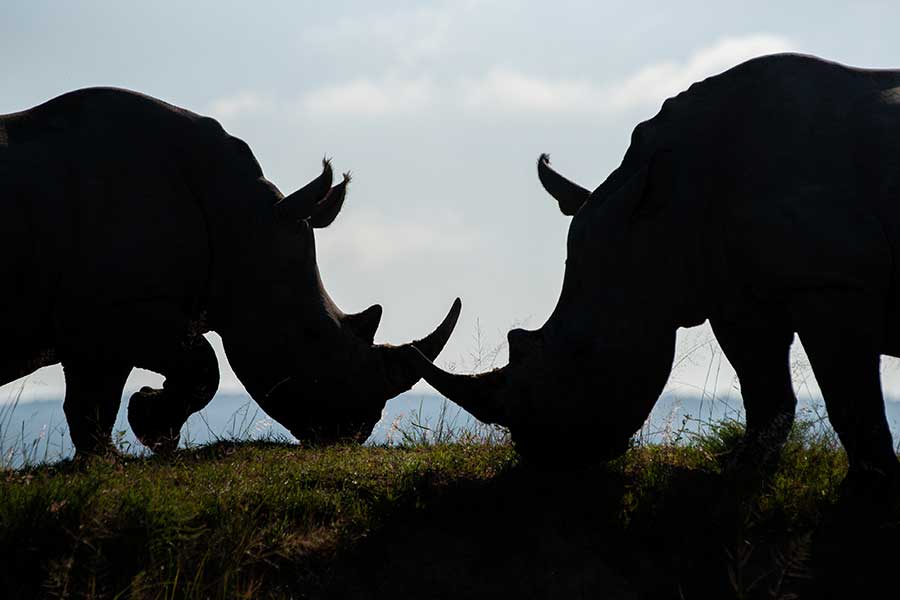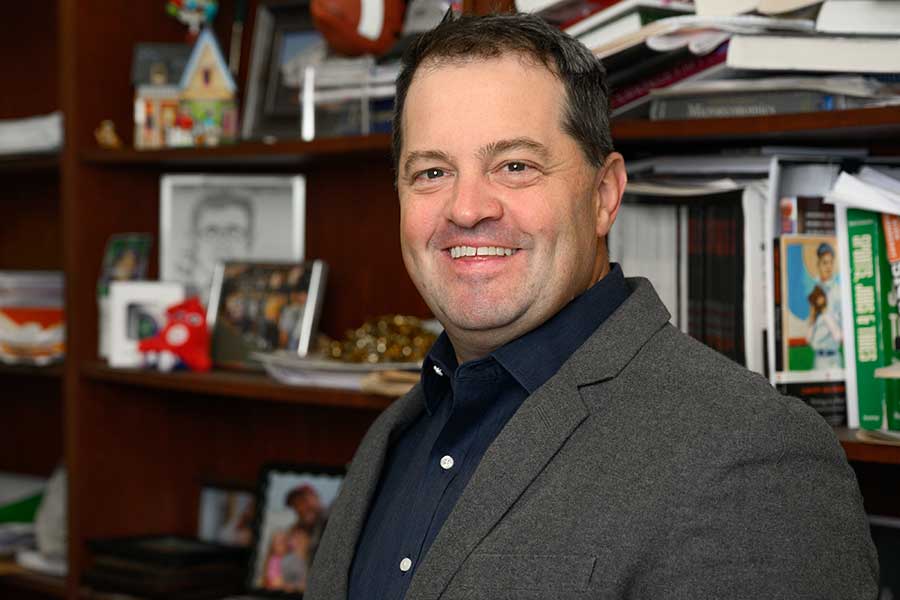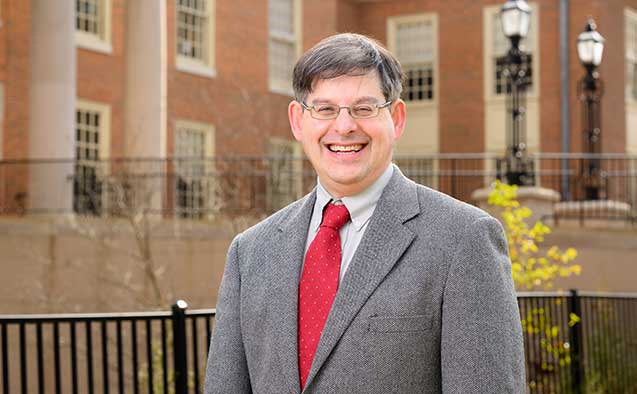Experts
-
Belonging is key to a college degree
In the social media era, you can look at a university’s Instagram feed and get the impression that every day rates a 10/10 and everyone belongs. But Shannon Brady, a Wake Forest University psychology professor who studies the implications of social belonging, cautions you to look deeper. Smiles on faces and free hoodies emblazoned with…
-
GDP forecasts, penny shortages, and Super Bowl prediction market betting
As 2026 begins, Wake Forest economics professors are available to decode the partisan bias in GDP data, discuss the rounding reality of a pennyless economy, and explain how prediction markets are transforming Super Bowl betting. Economic forecasts are dominating the headlines. New research from Wake Forest University suggests these “objective” numbers might be less neutral…
Categories: Experts -
Tropical trees are fighting an uphill battle with climate change. And they’re losing.
When William Farfan-Rios hikes through the remote forests of the Peruvian Amazon and Andes, he’s doing much more than feeding his appreciation for the natural world. He’s trying to identify the trees that can survive a warming climate—and, ultimately, save one of the world’s largest carbon sinks from collapse. As a biodiversity fellow in forest…
-
Multi-agent AI could change everything – if researchers can figure out the risks
You might have seen headlines sounding the alarm about the safety of an emerging technology called agentic AI. That’s where Sarra Alqahtani comes in. An associate professor of computer science at Wake Forest University, she studies the safety of AI agents through the new field of multi-agent reinforcement learning (MARL). Alqahtani received a National Science…
-
Thinking of making New Year’s resolutions? The trick isn’t trying harder, it’s planning smarter
For many, making New Year’s resolutions is a way to chart a path toward new behaviors or away from old ones. Jan. 1 offers the promise of making changes to improve health and happiness. But setting goals and achieving them is hard. “Making a specific plan can actually free up mental energy to accomplish goals,”…
-
Don’t call it exercise
Jason Fanning has spent a lot of time talking to older adults about leading healthy, active lifestyles. And he knows that the minute he utters the word “exercise,” he loses many of them. Instead, he talks to them about movement across the day, a key component of his current research study, A Mobile Health Intervention…
-
Rhino rescue: Economist is changing the conservation conversation
According to the International Rhino Foundation, on average, one rhino is killed by poachers every 15 hours. Despite aggressive anti-poaching measures, the global rhino population has continued to decline. Wake Forest economist Fred Chen’s decades-long research on rhino horn poaching examines the outcomes of defensive anti-trafficking efforts (such as rhino relocation, anti-poaching patrols, GPS trackers,…
-
Charlotte, Raleigh both want a Major League Baseball franchise, but who’s ready for the big leagues?
Wake Forest professor, economics expert and baseball enthusiast Todd McFall has been studying sports for two decades. He has been widely quoted in national, regional and local news on topics ranging from golf’s economic rebound to NASCAR rebranding to the lopsidedness of baseball’s World Series. In this Q&A, McFall looks at the options for Major…
Categories: Experts -
We’re putting weighted vests to the test. Here’s what our research shows.
Nearly a decade ago, Kristen Beavers, who studies safe ways for older adults to lose weight, began asking whether weighted vests could help this population drop pounds without sacrificing vital bone mass and lean muscle. Now, in 2025, she routinely gets requests from national media, community groups and individuals interested in better ways to work…
-
The Intercontinental Exchange $2B investment in Polymarket
The Intercontinental Exchange, the parent company of the NYSE, recently announced a strategic investment of up to $2 billion in Polymarket. This massive institutional buy-in is a watershed moment for the prediction market industry, moving it from the crypto-adjacent fringe directly into the financial mainstream. Wake Forest University economics professor Koleman Strumpf, a leading political…
Categories: Experts

